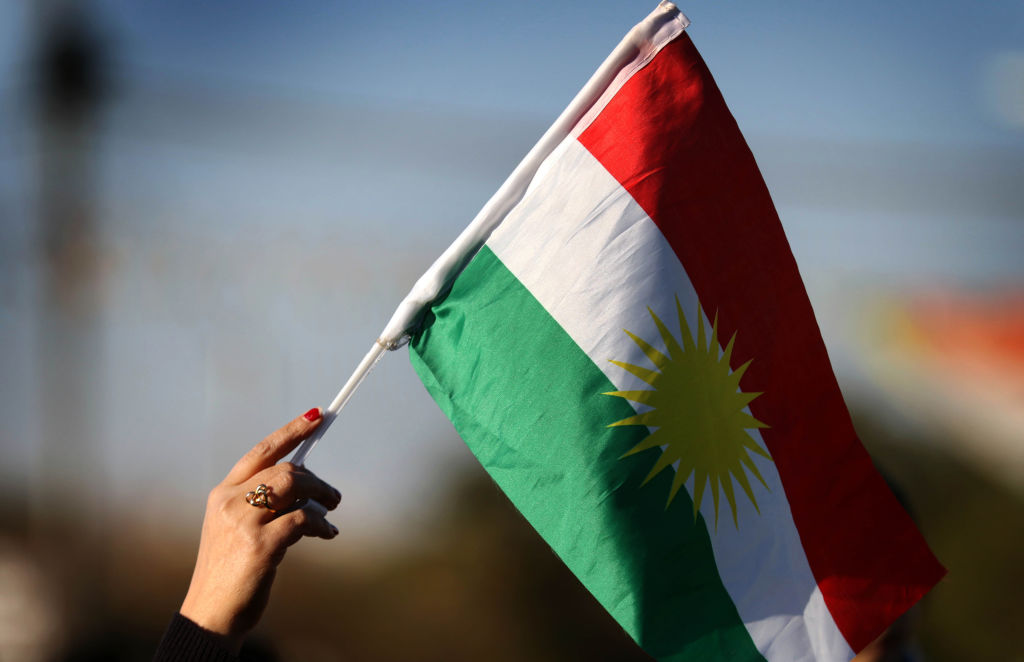Not for the first time, Kurds in Iraq and Syria are facing an uncertain future. In Syria, an estimated 150,000 people were displaced by fighting in the mostly Kurdish region of Afrin in the space of a few days this month. When the Turkish army, backed by Syrian rebel allies, rolled into the city of Afrin, Kurds fled in trucks and cars, their belongings piled high. For many it conjured up the memories of Kurdish suffering which some hoped was a thing of the past. In March of 1988 and 1991, Kurds fled Saddam Hussein’s brutal oppression, often seeking refuge in Turkey and Iran. The loss of Afrin marks a major setback for Kurdish aspirations that had grown in the last years as Kurdish forces helped defeat Islamic State.
March is an auspicious time in the Kurdish regions of Turkey, Syria, Iraq and Iran. It is the month of Newroz, the Persian new year which is also celebrated by Kurds. In the Kurdistan Region of northern Iraq, the prime minister of the Kurdistan Regional Government, Nechirvan Barzani, said the new year represents a time of “revival, resistance and rebirth, even after the most difficult loses.” That optimism is hard to envision now. Just a year ago, Kurds in Iraq were riding a wave of success and looking ahead to their independence referendum. But Baghdad responded to that vote by taking over the oil-rich city of Kirkuk from Kurdish control. The Kurds, as with the Catalans, have seen their referendum hopes ultimately end in setback.
In Syria, the situation is different but nonetheless bleak for the Kurdish people. It is now three years since Kurdish fighters in Syria repelled Isis from the city of Kobani with the help of coalition airpower. Turkey watched the Syrian Kurds and their armed group, the People’s Protection Units (YPG) with suspicion. Ankara claims the YPG is part of the Kurdistan Workers Party (PKK). Because the Kurds in Syria have worked closely with the US, Turkey decided to attack Afrin, a hilly, Kurdish canton in northwestern Syria. Russia, which backs the Syrian regime, appeared to agree not to target Turkish planes operating over Syrian airspace. It emerges now that Ankara, Damascus and Moscow accepted the concept of Afrin being handed over to the Syrian rebels while the Syrian regime would conquer eastern Ghouta near Damascus and send the rebel holdouts north. It was a cynical trade off that has deprived Kurds of their autonomy and left more than 100,000 people displaced. It also left hundreds dead in battle, including Anna Campbell, the British woman who had volunteered to aid Kurdish fighters.
Now Kurds in Syria and Iraq are losing confidence in the West’s ability to protect them from aggression and stand by their rights. Friends I’ve spoken to on the ground wonder whether they were right to sacrifice so much against Isis alongside the western powers and whether their fight was in vain. It is important now, as Isis is mostly defeated, that cynical power-politics don’t rule the day. Isis found a vacuum in Syria and Iraq and it exploited ethnic and religious differences. It was ignored until it became a global threat. Kurds and their allies played a key role in defeating that threat. There are many concerns that now distract from what is happening in Syria, but the fate of Afrin should not pass us by. It is the least our Kurdish allies deserve.
Seth J. Frantzman is executive director of the Middle East Center for Reporting and Analysis






Comments